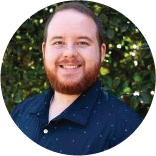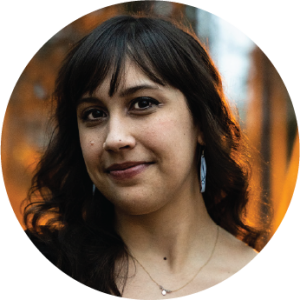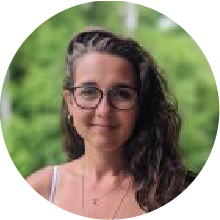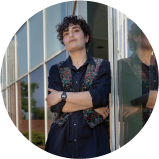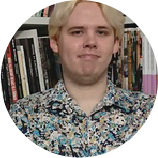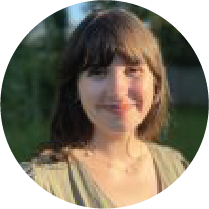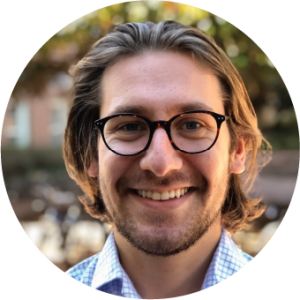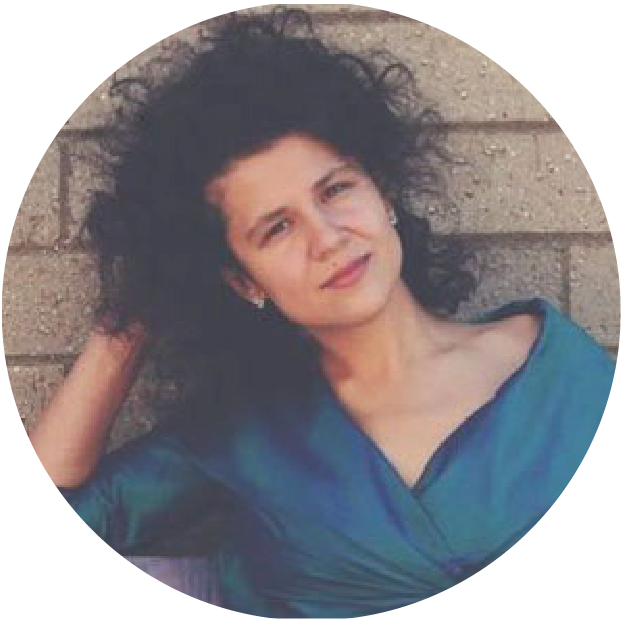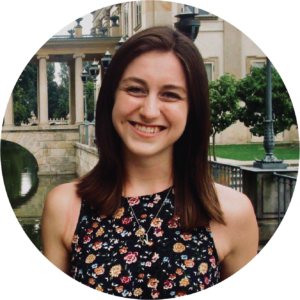Awards | 2018-2023
To increase teaching and research on the EU at UNC, the Jean Monnet Center of Excellence is awarding faculty and student funding from 2019-21. The results will increase visibility of the EU, promote EU studies research, and encourage young people to study the EU at the BA, MA, and PhD levels.
The JMCE Faculty EU Research and Travel award is offered to tenure-track or junior faculty. Faculty will create or amend a course to include EU-focused content. Course modules and syllabi will be available on this website, and announcements made about their availability through our social media channels.
JMCE EU Summer Research Awards are offered to BA, MA and PhD students to study and research in the EU. In addition to presenting about their research for student-led think tank European Horizons, awardees will produce research reports, Medium posts, and photo essays to showcase their work.
Following are more details on the current award cycle.
2021 Awards
JMCE Faculty EU Research and Travel Awards
Eligibility: Must be a tenure-track or junior faculty member at UNC Chapel Hill to apply. Faculty from various disciplines are encouraged to apply.
About: This award provides funding to conduct research on the European Union with the goal of creating a new course or amending an existing course to include more EU content. CES offers one annual travel award to UNC-Chapel Hill tenure-track or junior faculty to The award amount is $2000.
Requirements: The project and itinerary must include at least three EU member states. Faculty will be asked to submit a syllabus demonstrating added European content in the new or revised course. Faculty will also be asked to write a post about their research on CES’ Medium blog. Our 2019 fellow, Gesche Würfel, wrote a post about her research across Germany and Poland.
This award is made possible by the European Union through Jean Monnet Center of Excellence Grants.
Applications are rolling.
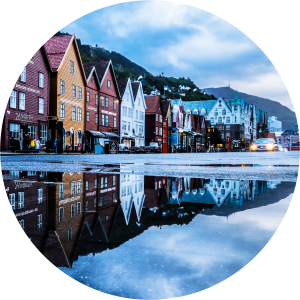
JMCE EU Summer Research Awards
Eligibility: Must be a graduate student (MA/PhD) at UNC Chapel Hill to apply
About: CES offers three travel awards to UNC-Chapel Hill MA or PhD students to research in and on the European Union in the summer of 2021. The award is for $3000.
COVID-19 information: we will be accepting applications for academic year 2020-2021 research to take place within the US as well as summer 2021 research to be conducted in the EU.
Requirements: Applications require a brief statement of support from faculty advisor, resume/CV, and a 5-page double spaced research proposal or conference paper abstract, including an itinerary (if applicable). Students must consult with a faculty advisor, MA thesis or dissertation advisor while developing their plan. The research content and itinerary must include at least three EU member states. Award recipients must agree to write a report on their findings; publish a post about their research on CES’ Medium blog; present at a European Horizons student group meeting; and submit a photo essay documenting their travel within one month of completing their travel. Preference will be given to students with no or limited previous travel to the EU.
This award is made possible by the European Union through Jean Monnet Center of Excellence Grants.
The application deadline for academic year 2020-21 research was 9/30/2020.
The application deadline for summer 2021 research was 1/15/2021.
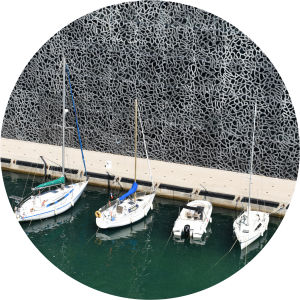
2023 Fellows
Annika Hugosson
Annika Hugosson is a PhD student in anthropology. Her project focused on the intersection of animal geographies and the cultural and political dynamics of war and mass migration within the European Union (EU) through a focus on networks of international animal adoption across Europe. Read our Medium post for more on Annika’s work
2022 Fellows
Tori Eckstrand
Dr. Ekstrand is a UNC faculty member in the Hussman School of Journalism and Media. Her currciculum development award project focused on the effects EU media law and regulation are having on Internet regulation, media business practices, and their effects on democratic norms in the United States and worldwide. Her course explored how, ordinarily a follower in media regulation, the EU has shown significant leadership in recent years by tackling some of the new and developing harms caused by digital media and their effects on democratic governance. From the General Data Protection Regulation to the Digital Single Market strategy — to the growth of antitrust and hate speech regulation of major internet platforms like Google and Facebook — the EU is slowly but steadily advancing the discussions and debate about media regulatory policy worldwide. Find out more in Dr. Ekstrand’s MEJO 341 syllabus.
Jacob Gunderson
Jacob Gunderson is a PhD student in political science. His project focused on the root causes of the decay of political brands in Europe, with a focus on parties in the EU Member States. Read our Medium post for more on Jacob’s work
Sophie Heldt
Sophie Heldt is an MA student in art history. Her project focused on woman artists in EU Member States working in late 19th and early 20th century and their depictions of the female nude. Read our Medium post for more on Sophie’s work
Tess Megginson
Tess Megginson is an PhD student in history. Her project focused maps and mapping practices in EU Member States prior to their accession and after. Read our Medium post for more on Tess’ work
2021 Fellows
Suad Jabr
Suad Jabr is PhD student in geography. Their project in Germany, Greece, and Finland examined the treatment, protection, and representation of queer Middle Eastern refugees in the European Union. Read our Medium post for more on Suad’s work
Hugo Ljungbaeck
In the summer of 2021, Hugo Ljungbäck, at the time an MFA candidate in Studio Art at UNC Chapel Hill, received support through a JMCE Summer Research Award to research how digitization impacted the preservation of physical media artifacts. Read our Medium post for more on Hugo’s work
Sarah Miles
Sarah Miles is a PhD student in history. Her project in France, Germany, and the Netherlands examined how, in the era of decolonization, of changing Cold War politics, of European centralization and the birth of the European Union, radicals used publication networks to understand their problems and redefine their place in the global revolution—providing an alternate internationalism to that promised by state leaders. Read our Medium post for more on Sarah’s work.
Martin Naunov
Martin Naunov is PhD student in political science. His project in the Czech Republic, Hungary, Poland, and Turkey examined how groups and individuals mobilize against democratic backsliding and illiberalism in the European Union. Read our Medium post for more on Martin’s work.
Krysta Sa
Krysta Sa is an MFA candidate in the studio art program at UNC’s Department of Art and Art History. Utilizing performance, video, photography, and installation, Krysta’s work interrogates the sensorial ways material histories are embodied and circulated. She will use the JMCE EU Summer Research Award for her project “Ancestral Soak: Sea Bathing in the European Union” which will examine thalassotherapy practices found in coastal Ireland, France, and the autonomous archipelagoes of Portugal. Read our Medium post for more on Krysta’s work.
2020 Fellows
Courtney Blackington
Courtney Blackington is a PhD student in UNC’s Department of Political Science. Her dissertation focuses on what motivates citizens to protest in defense of liberal democracy when incumbent populist regimes engage in democratic backsliding. Courtney is using the JMCE EU Research Award to conduct online interviews of protesters in Czechia, Poland, and Romania in order to examine what motivates people to protest to defend liberal democracy and how they conceptualize the role EU in countering democratic backsliding. Read our Medium post for more on Courtney’s work
Edana Kleinhans
Edana Received a 2020 Jean Monnet Center of Excellence EU Research Award for research support for Professor Priscilla Layne’s Conference entitled “Environmentalism, Fantasy and Intersectionality: A Comparison Between the US and the EU.” Read our Medium post for more on Edana’s work.

Katie Laird
Katie Laird is a PhD student in the UNC Department of History. Her dissertation offers a historical analysis of Europeans’ first encounters with honor crimes, revealing the roots of western complicity in the perpetuation of violence against women in the name of male honor and imperial policy. Katie is using the JMCE EU Research Award to conduct research on gender-based violence through archival research in EU Member States. Read our Medium post for more on Katie’s work
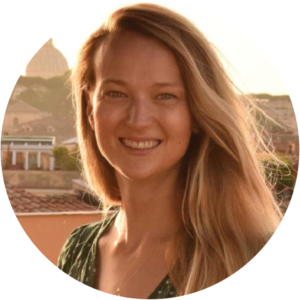
Abigail Lantz
Abigail Lantz is a member of the UNC TransAtlantic Masters Class of 2021. Her research interests focus on policies surrounding the integration of migrant communities in Europe. Abigail is using the JMCE EU Research Award to investigate the work of NGOs aiming to improve migrant integration in several EU countries facing integration challenges. Read our Medium post for more on Abigail’s work
Priscilla Layne
Priscilla Layne is Associate Professor of German, Adjunct Associate Professor of African, African American and Diaspora Studies, and affiliated with the Global Cinema Studies Program at UNC-CH. With the JMCE EU Research and Travel Award, she will be traveling to Frankfurt, Germany in order to visit the archive for director Rainer Werner Fassbinder. She is currently writing a short guidebook about his film The Marriage of Maria Braun. Her project award supported the development of the course “GSLL 288: Graphic Medicine: The Intersection of Health and Comics Across the Atlantic.” Find out more in Dr. Layne’s GSLL 288 syllabus.
2019 Fellows
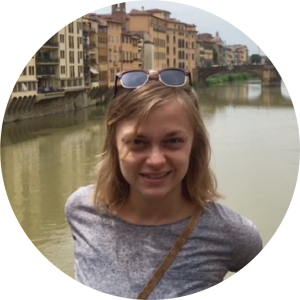
Kaitlin Alper
Kaitlin Alper is a PhD student in Comparative Politics in the UNC-CH Department of Political Science. She used the JMCE EU Summer Research Award to attend several conferences in the EU, and conduct a visiting research stay at the Bremen International Graduate School of Social Sciences (BIGSSS) in Bremen, Germany. Her dissertation research looks at the intersection of multilevel governance, social policy and income inequality in advanced democracies. Read our Medium post for more on Kaitlin’s work.
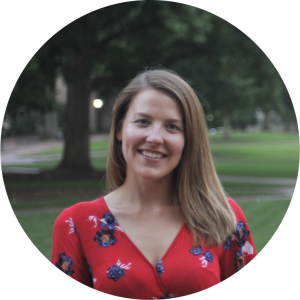
Katja Greeson
Katja Greeson is a member of the UNC-CH TransAtlantic Masters Class of 2019. The JMCE EU Summer Research Award enabled her to study Eurosceptic success and youth political participation in Europe. During 2019–20, Katja is conducting a self-designed research project supported by the German Chancellor Fellowship (Bundeskanzler-Stipendium). Read our Medium post for more on Katja’s research.
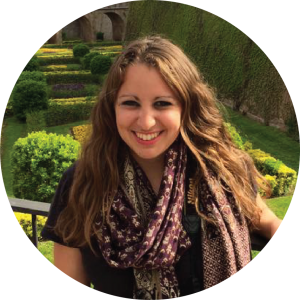
Stephanie Shady
Stephanie Shady is a PhD Candidate in Comparative Politics in the UNC-CH Department of Political Science. With the JMCE EU Summer Research Award, Stephanie to study the political impacts of territorial identity in Northern Ireland. Stephanie is also active with National Model United Nations, and teaches political sciences courses at UNC. Read our Medium post for more on Stephanie’s project.
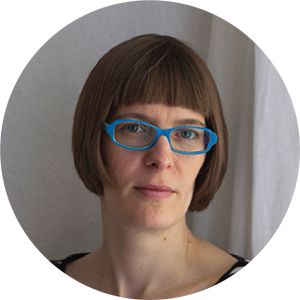
Gesche Würfel
Gesche Würfel is Teaching Assistant Professor in UNC-CH’s Department of Art and Art History. A trained artist, urban planner, and visual sociologist, Gesche focuses on photography, but also includes video, sound, installation, and urban interventions. She used the JMCE EU Faculty Travel and Research Award to study representations of major European capitals: Berlin (Germany), Prague (Czechia), and Warsaw (Poland) in the 20th and 21st century. Read our Medium post for more on Gesche’s work.
Embattled Europe: A Progressive Alternative (2021)
With support from the Jean Monnet Center of Excellence, Lurcy Professor of European Civilization Konrad Jarausch published a new book, Embattled Europe: A Progressive Alternative in fall of 2021. Embattled Europe makes a powerful case that Europe—with its peaceful foreign policy, social welfare solidarity, and environmental protection—offers the best progressive alternative to the military adventurism and rampant inequality of plutocratic capitalism and right-wing authoritarianism.””
Artwork & Lecture | 2019 Fellow Course
2019 fellow Gesche Würfel used her JMCE EU Faculty Travel and Research Award partly to develop a new course, ARTS 290 Special Topics: Exploring the City through Visual Arts (access the syllabus). Her students shared artwork from two class projects. Würfel also opened up a guest lecture to the public, sharing Holocaust survivor Peter Stein’s insights with her students as well as our wider CES community.
Lecture with Holocaust Survivor Peter Stein
Recording of Dr. Peter Stein’s lecture.
Maps in the Dada Style
For one assignment, students from this fall 2020 course created maps in the Dada style — either of Berlin, Prague, Warsaw, or a town where they live. Five students shared their artwork with us.
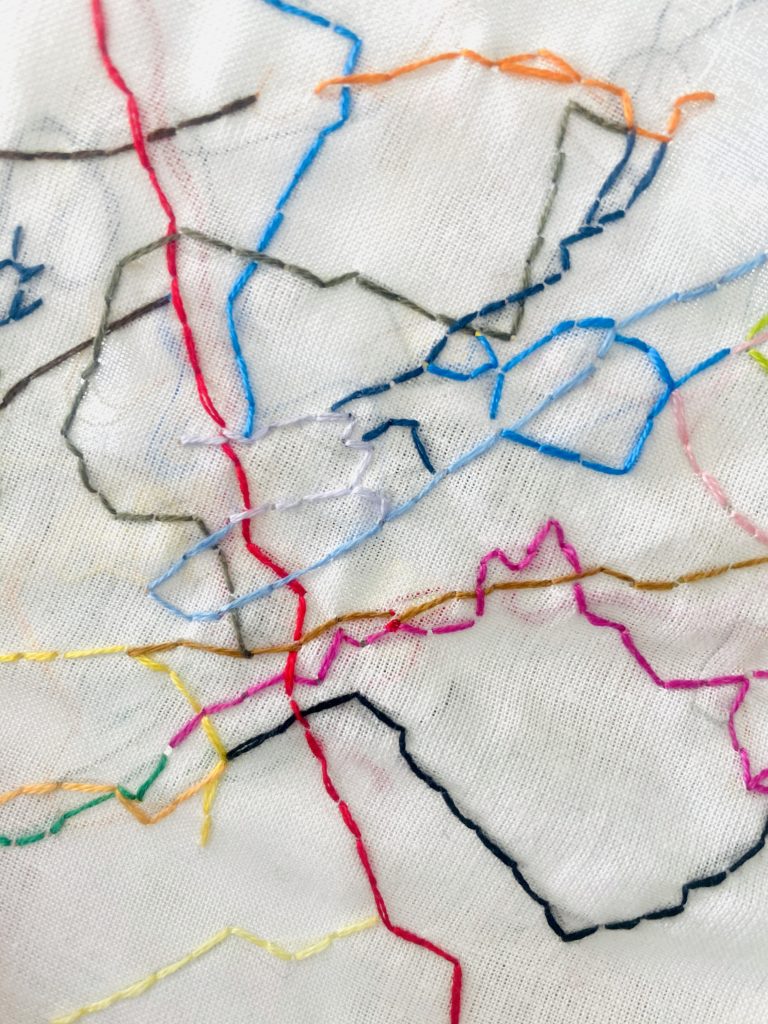
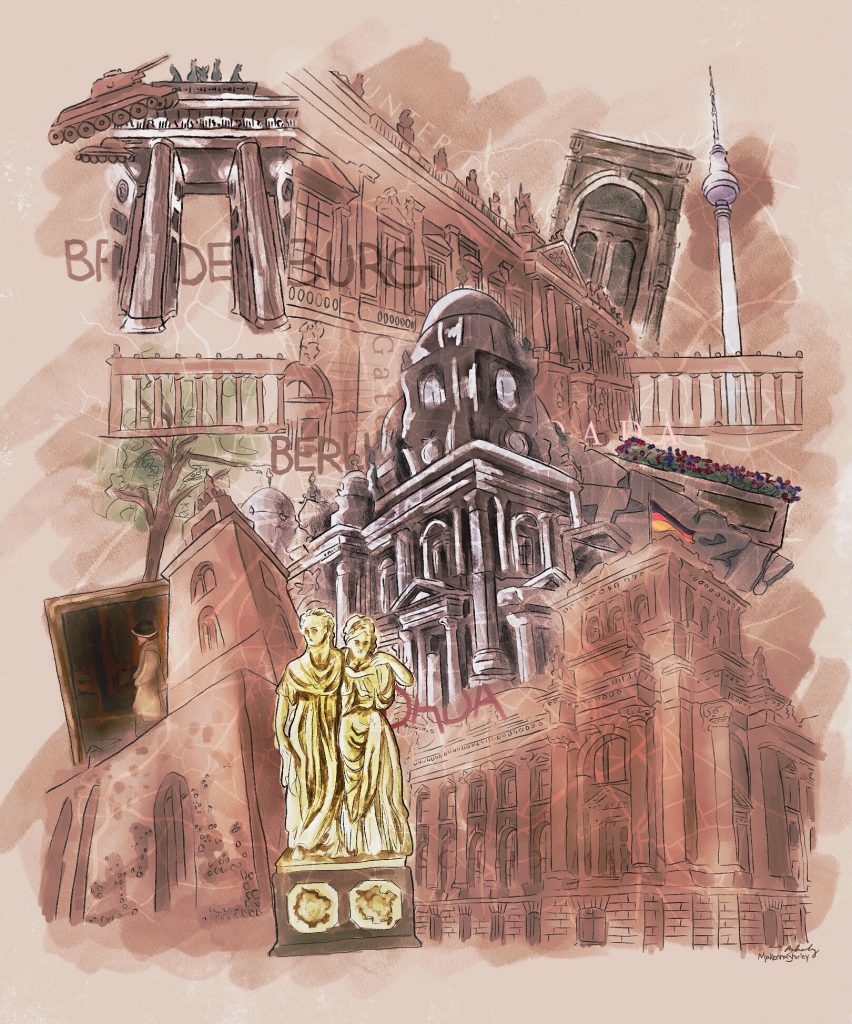
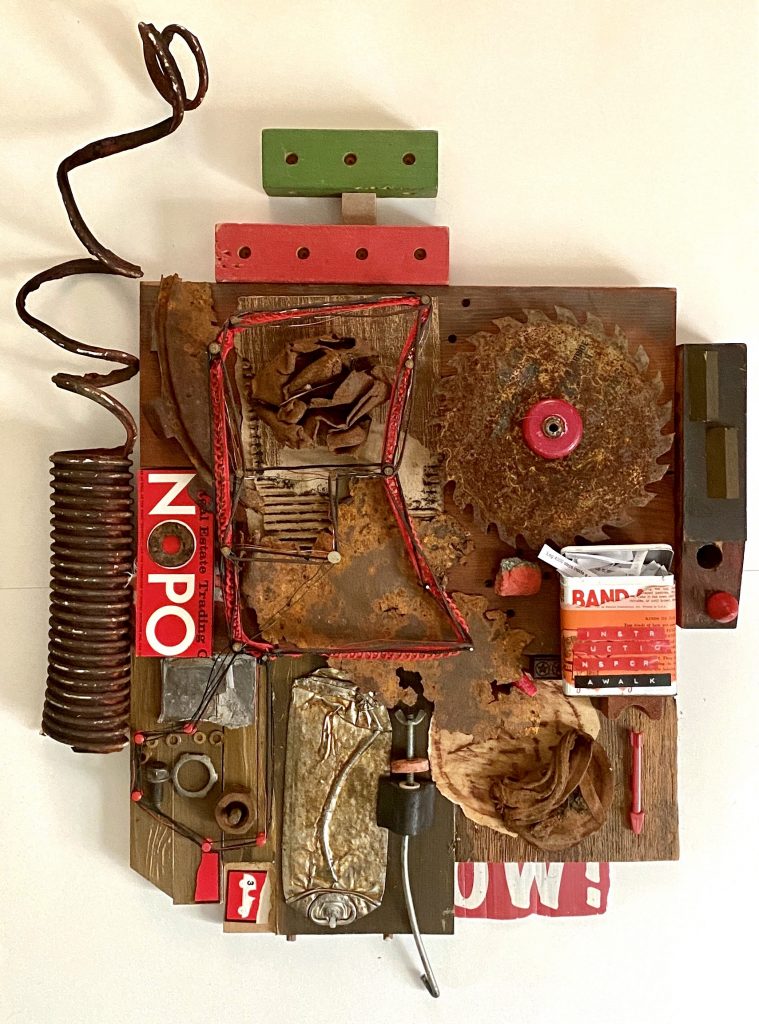
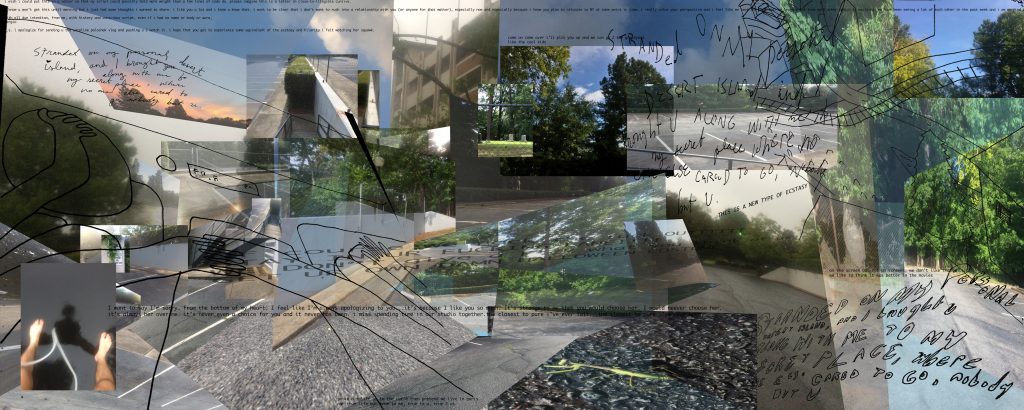
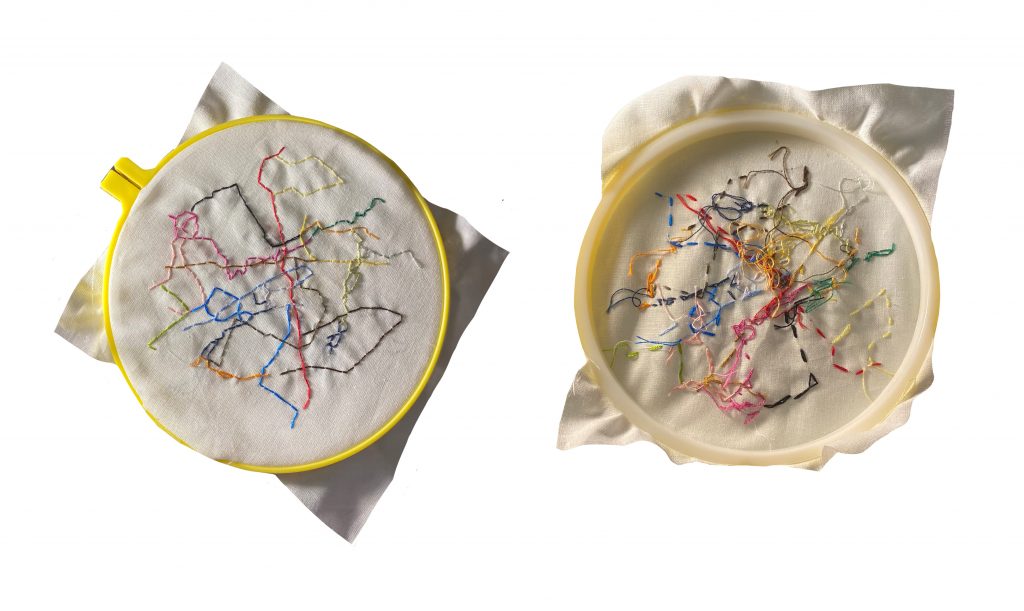
Envisioning the Future of European Cities in 2050
For this project, students had to envision the future of either Berlin, Prague, or Warsaw in 2050. Ten students shared their artwork with us.
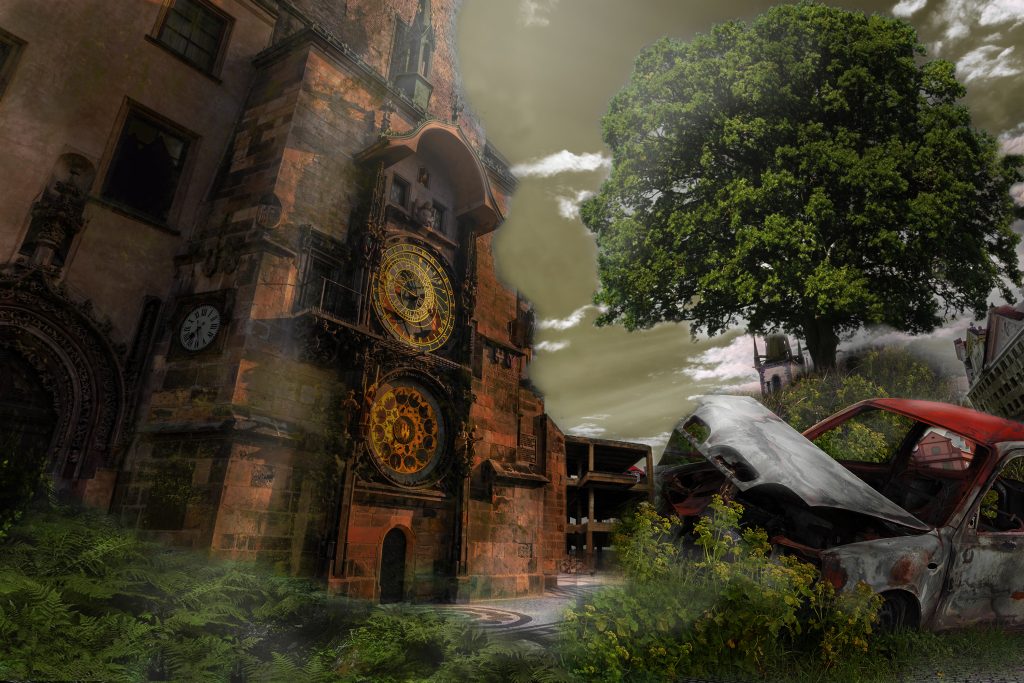
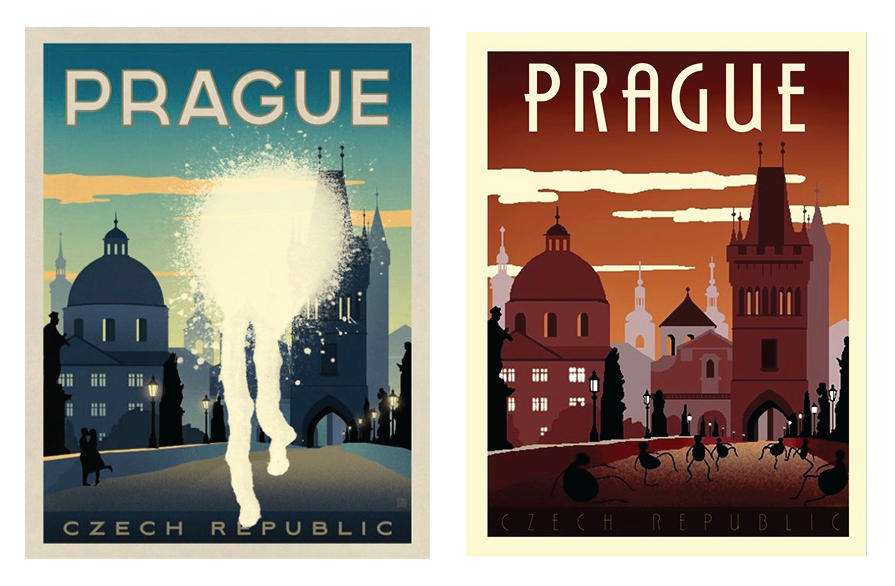
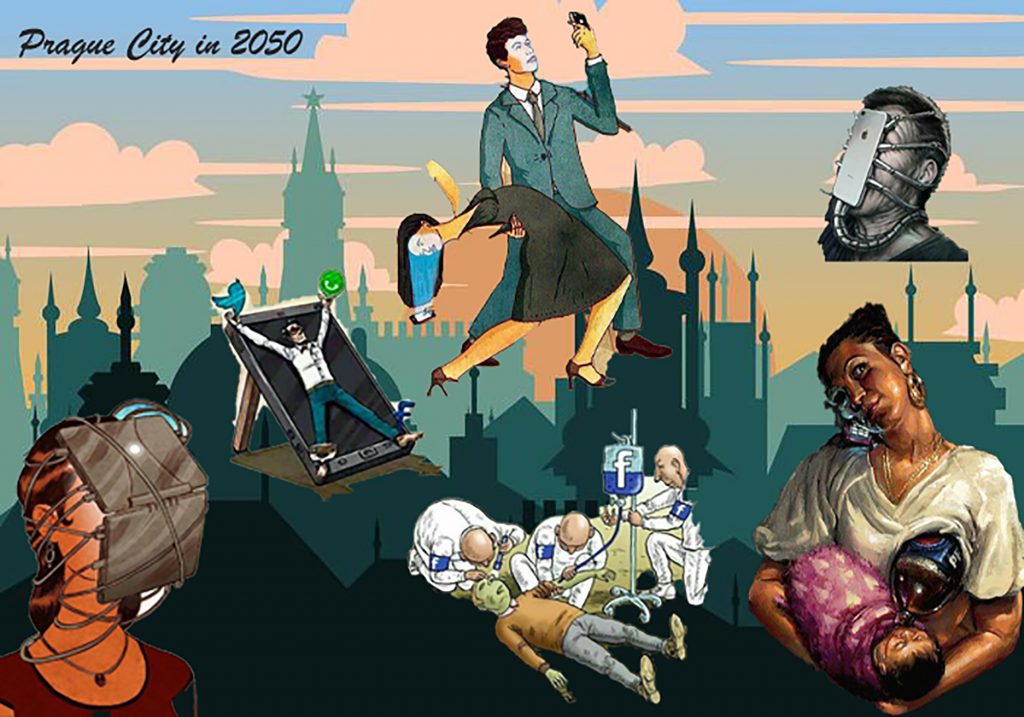

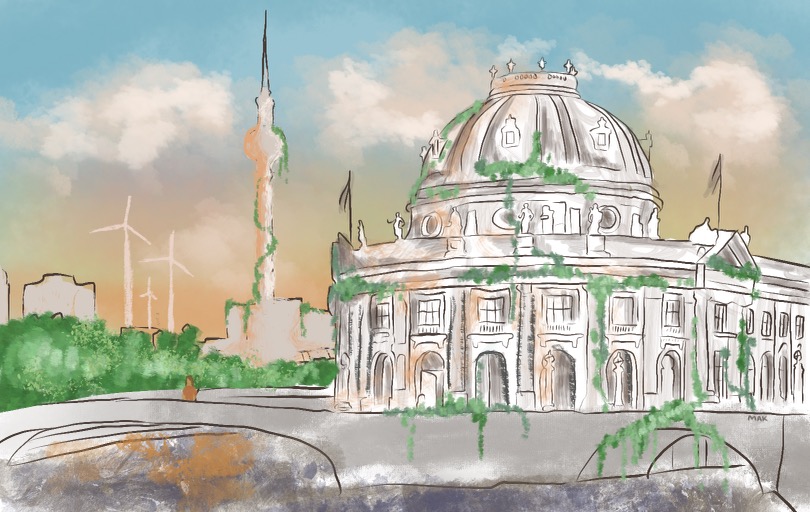



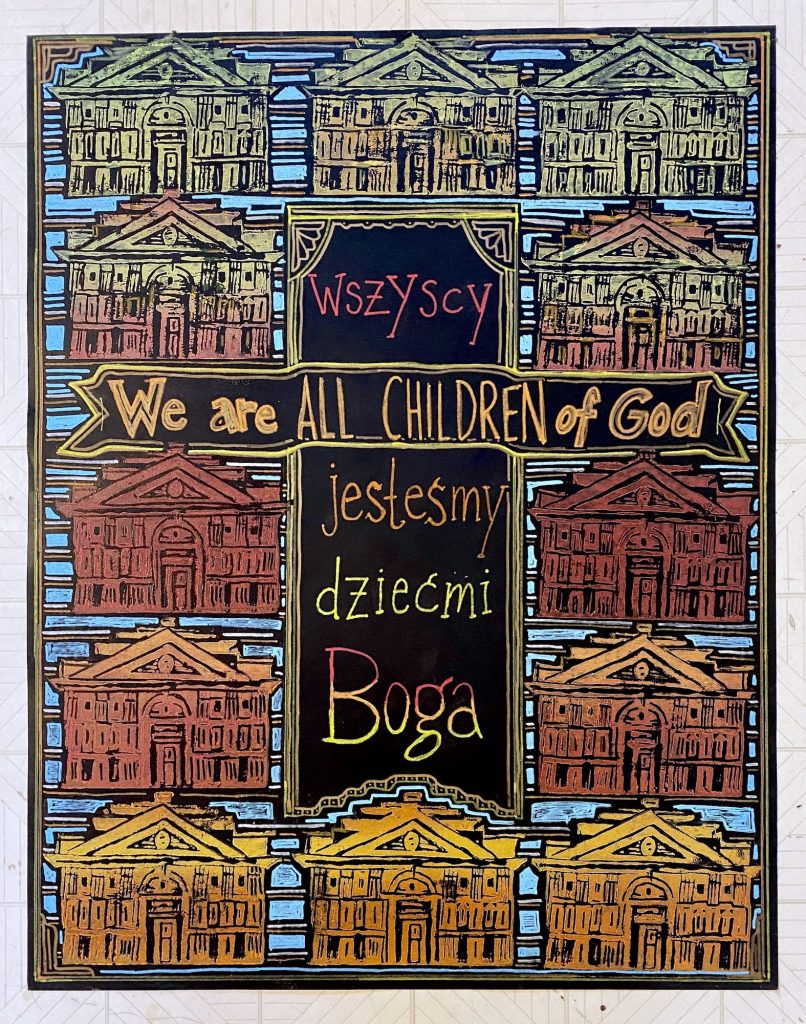
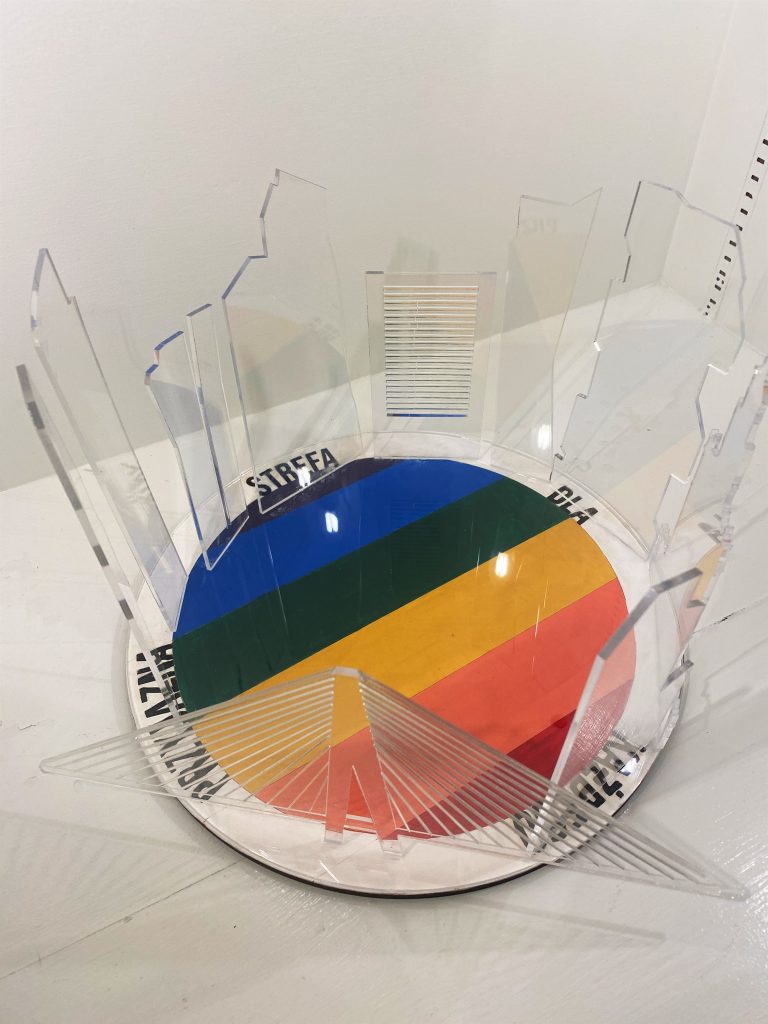
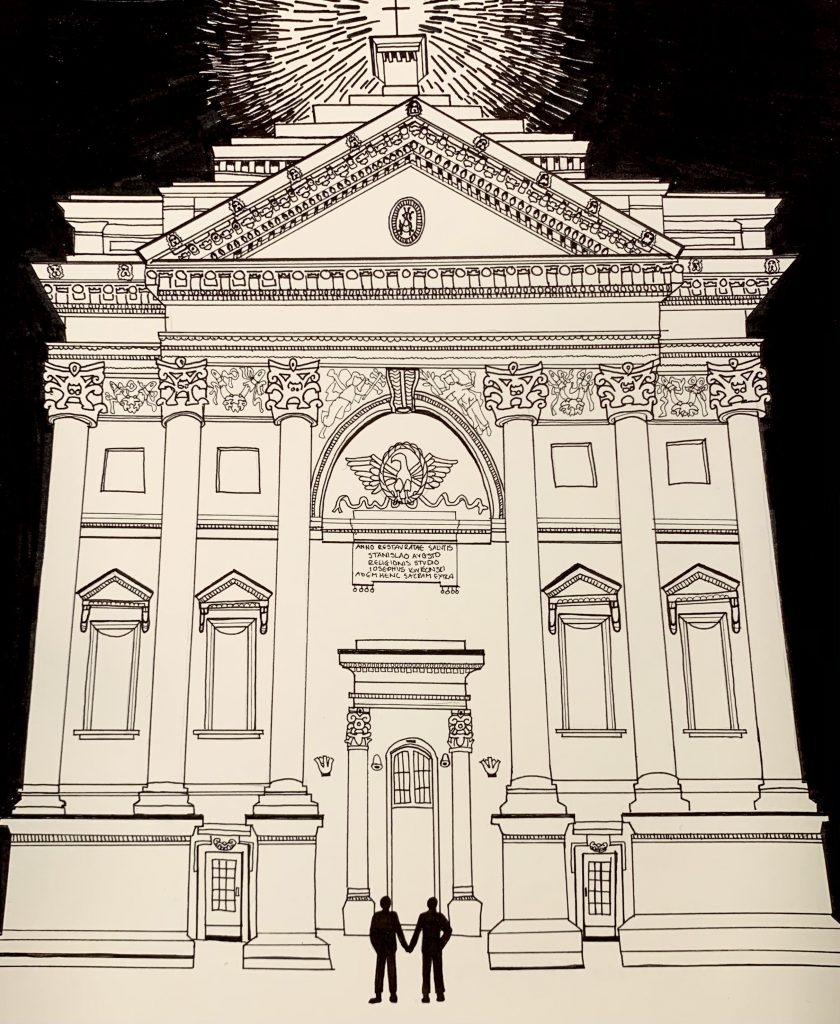
Photos on right (from top to bottom): “Bergen Blues” by Diane Youngstrom; “Four Boats” by Diana Devereaux
Photos on left (from top to bottom): Kaitlin Alper; Katja Greeson; Stephanie Shady; Gesche Würfel



